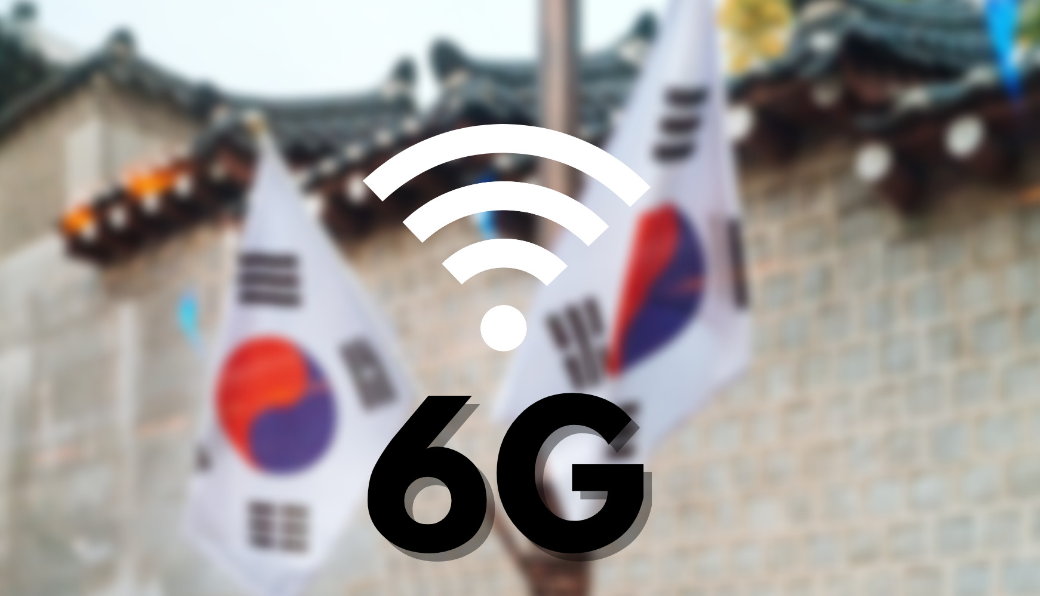South Korea to launch first 6G network in 2028
- February 21, 2023
- 0
South Korea has set a date for the premiere of 6G. The next generation of mobile broadband networks will be launched in 2028 as part of the government’s
South Korea has set a date for the premiere of 6G. The next generation of mobile broadband networks will be launched in 2028 as part of the government’s

South Korea has set a date for the premiere of 6G. The next generation of mobile broadband networks will be launched in 2028 as part of the government’s K-Network 2030 program and in an effort to ensure timely mastery of future wireless frequencies, according to an announcement by the responsible ministry.
At the same time, the government will incentivize local companies to produce equipment, materials and components for 6G technology, as well as next-generation software and strengthen the supply chain. It will also develop an open radio access network that will be compatible with any device and enable mobile operators and other providers to offer a wide range of services over 6G.
It must be said that while 4G was mainly dominated by American and European companies, South Korean companies took the lead in the development of today’s 5G. The country offers the fastest mobile networks on the planet and has 26% of 5G patents. Its goal is to reach 30% or more in the battle to obtain 6G patents and thus launch new networks soon.
5G still has years of deployment ahead of it, but the tech industry isn’t resting, and 6G is on the horizon for a global rollout early next decade. Some, like Korea, will overtake others. But also others such as Japan, where the alliance between the telecommunications operator NTT DOCOMO, the Japanese telecommunications equipment manufacturers NEC and Fujitsu and the Finnish telecommunications equipment manufacturer Nokia is already conducting the first experimental tests.
If the predictions come true, 6G performance will be truly impressive with science fiction data speeds: 1 petabit per second. Put the data into perspective and say yes 100,000 times higher than the theoretical maximum of 5G or the equivalent of 10 million channels broadcasting at 8K per second. A speed that will be reduced in the real world, but which will be extraordinary all the same and which will definitely replace cable networks.

6G will be a challenge and will require a number of new technologies, new high-frequency bands above 100 GHz and an expansion of communication coverage. Machine learning and artificial intelligence, now so popular with chatbots, are expected to play a critical role in the development of all phases of 6G networks, including design, deployment and operation.
As the network evolves to support flexible and programmable cloud-native deployments, network automation will be key to simplifying the management and optimization of networks that will become “cognitive” in the sense that aspects such as virtualized network function placement, segmentation, quality of service, control mobility, radio resource management and spectrum sharing, will rely to varying degrees on artificial intelligence.
It is expected that 6G will be deployed at the beginning of the next decade on a planetary scale, and that countries such as South Korea or Japan will be ahead of the rest of the world.
Source: Muy Computer
Donald Salinas is an experienced automobile journalist and writer for Div Bracket. He brings his readers the latest news and developments from the world of automobiles, offering a unique and knowledgeable perspective on the latest trends and innovations in the automotive industry.